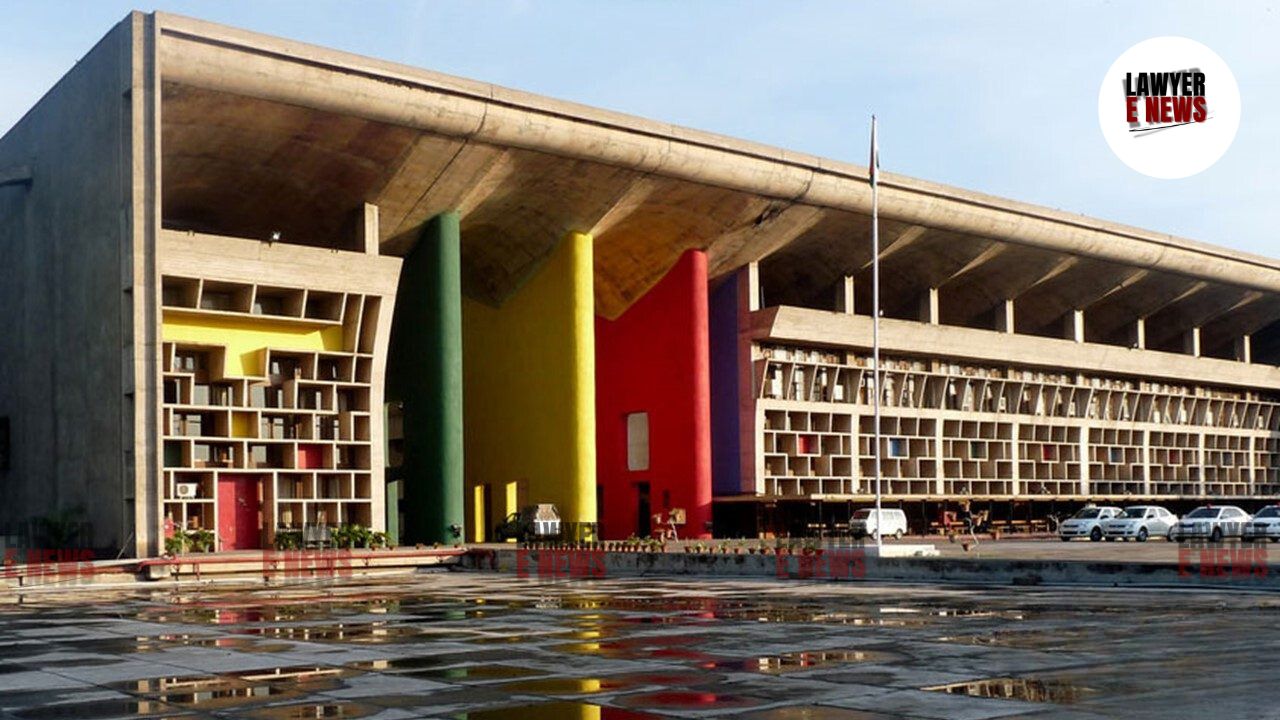-
by Admin
19 February 2026 3:14 PM



“Seven Years of Trial and Three Months in Custody Are Enough to Serve the Purpose of Justice”: In a judgment Punjab and Haryana High Court affirmed the conviction of three individuals for causing hurt and wrongful restraint under Sections 323, 325, 341, 427 read with 34 IPC, but reduced their sentence to the period already undergone, citing the passage of over seven years since the FIR and their partial incarceration.
Justice Harpreet Singh Brar, invoking the principle of proportionality in sentencing, held: “Where no minimum sentence is prescribed and the accused has already undergone incarceration and endured prolonged trial, courts must exercise discretion mindful of fairness, reformative possibilities, and the time already elapsed.”
The case arose from FIR No. 222 dated 27.12.2017, registered at Police Station Siwani, in which petitioners Pxxxx @ Pxxxx, Virender, and Suresh were charged with offences under Sections 323, 325, 341, and 427 read with Section 34 IPC. The trial concluded with their conviction on May 18, 2023, and they were sentenced the next day to:
2 years rigorous imprisonment under Section 325/34 IPC
Fines under Sections 323 and 341 IPC, with concurrent default sentences
Their appeals were dismissed by the Additional Sessions Judge, Bhiwani on February 15, 2025, leading to the present criminal revisions.
“Findings Based on Proper Appreciation of Evidence”
The petitioners did not contest their conviction on merits but sought modification of sentence on the ground that they had already undergone three months and sixteen days in custody, and the trial spanned more than seven years.
Justice Brar declined to interfere with the findings of the courts below, stating:
“A perusal of the judgment of conviction passed by the learned trial Court indicates no perversity in its findings and the same is based on correct appreciation of evidence available on record.” [Para 10]
Sentencing Discretion: “When No Minimum is Prescribed, Sentence Must Reflect Proportionality”
Referring to the Supreme Court’s decisions in Deo Narain Mandal v. State of U.P. and Ravada Sasikala v. State of A.P., the Court observed that:
“Awarding of sentence is not a mere formality... The background of each case must be considered, and this discretion is not to be used arbitrarily or whimsically.” [Para 8]
The Court emphasized that rehabilitation and societal reintegration are equally relevant:
“Law... demands a balance between the efficacy of law and the chances of reformation of the accused.” [Para 9]
Justice Brar found that given the absence of mandatory minimum punishment and significant passage of time, the ends of justice would be served by reducing the sentence to time already served.
State's Objection Over Prior Involvement Rejected: “Discretion Must Apply Uniformly”
The State opposed any reduction in sentence, particularly for petitioners Pxxxx and Virender, on the ground of their prior involvement in other cases.
However, the Court rejected this argument, noting:
“Though State opposed relief citing prior involvement of two petitioners, Court found no basis to deny relief as sentence was not mandatory and time factor weighed heavily.” [Para 7]
Seven-Year Trial and Law-Abiding Conduct Tilt the Balance
The Court gave significant weight to the prolonged legal ordeal and conduct post-conviction:
“The petitioners have been suffering the agony of trial for more than seven years. Since their conviction, they have grown into law-abiding citizens and desire to live a peaceful life.” [Para 10]
Sentence Reduced, Conviction Maintained
Accordingly, while upholding the conviction, the Court modified the sentence:
“Sentence of 2 years and fine awarded by the learned trial Court is reduced to the period of sentence already undergone by the petitioners.” [Para 11]
The Court directed that the petitioners be released forthwith, if not required in any other case, and disposed of all connected applications.
This judgment affirms that justice is not a mechanical application of maximum punishment, but a delicate exercise in proportionality, time sensitivity, and reformative justice. The High Court recognized that when trials stretch over years and the offence does not mandate minimum punishment, relief can justly be extended.
“The purpose of the law is not merely to punish but also to reform and reintegrate. Courts must weigh the time already served against the purpose of further incarceration.”
Date of Decision: May 28, 2025
